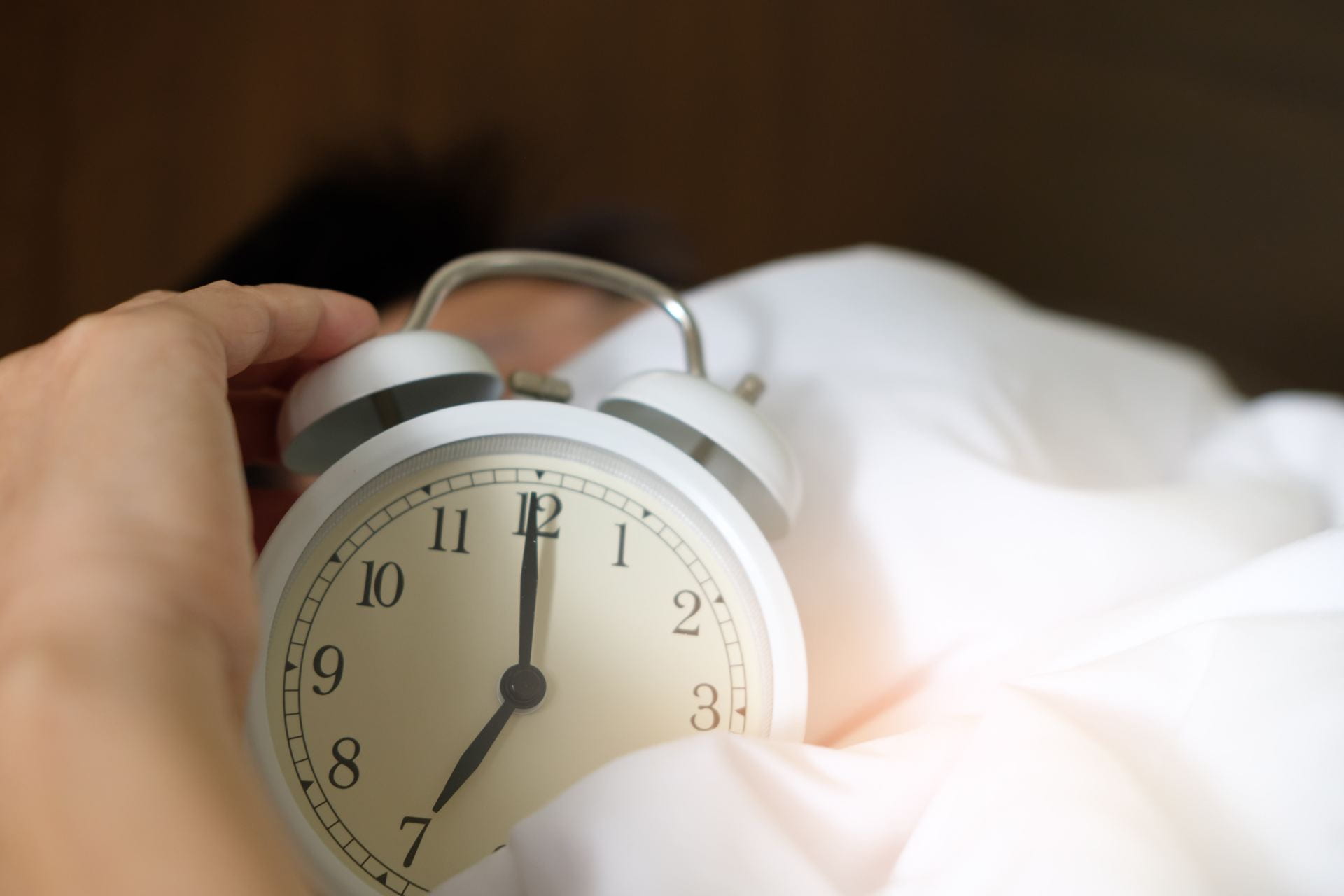The Importance of Sleep For Mental and Physical Health
Many people say that 8 hours of sleep is sufficient enough for next day productivity levels, but how true is this, and why is sleep so important?
important to our bodies as eating, drinking and breathing, and is vital for
maintaining good mental and physical health. Sleeping helps us to
recover from mental as well as physical exertion.
The ‘HEAL’ Approach might improve your sleep
Health – We all know that poor sleep patterns can lead to Mental Health problems such as anxiety and depression. It’s important to get any health concerns addressed both for helping physical symptoms and for addressing any worries that might keep you awake.
Environment – The environment in which you sleep in is so important – reduce screen time from phones and the TV and avoid eating large amounts prior to sleep. Temperate, noise levels and lighting can determine sleep quality. Keep a sleep diary to monitor quality of sleep.
Attitude – This is your willingness to wind-down and unease the mind, try listening to podcasts, reading a physical copy of a book and listen to your favourite music. If you are still struggling to sleep it might be worth getting up and making a hot milky drink such as Horlicks to help you sleep immediately. Your willingness to change is the main way you will improve your sleep or any other lifestyle factor.
Lifestyle – What you eat or drink can sufficiently impact on your quality of sleep. Stimulants like caffeine can make it harder to sleep, and a heavy or sugary meal close to bedtime can make sleep uncomfortable. Alcohol might seem to help you get to sleep, but it reduces the quality of sleep later. Taking exercise during the day is also a good way to aid sleep, but exercise releases adrenaline so exercising during the evening may be less helpful. This is why a lifestyle ‘balance’ is important and you need to recognise what works for you.


